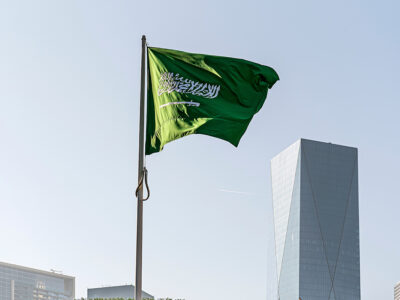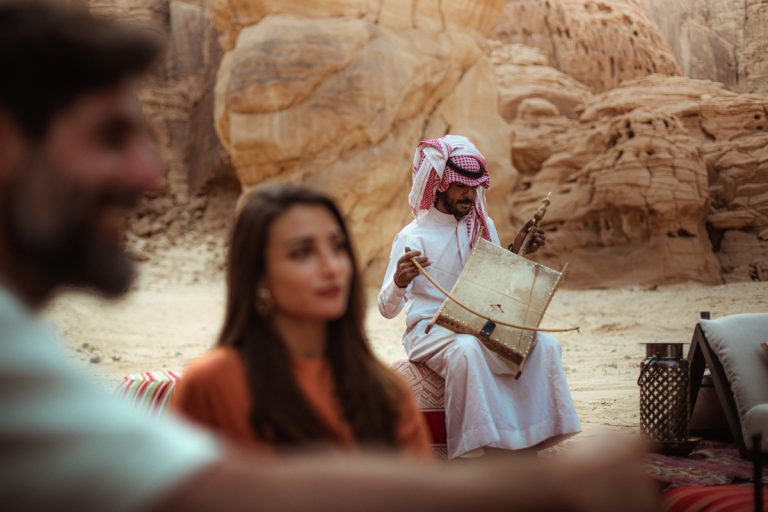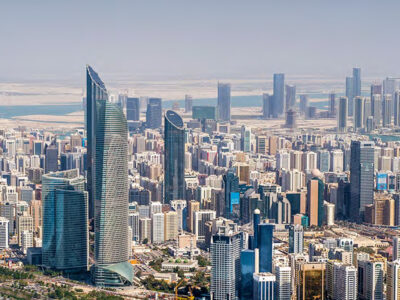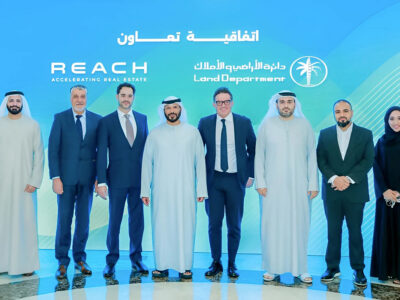Sustainability has long been a buzzword, but now, companies are under greater pressure than ever to take action. Individuals travelling are increasingly looking for hotels sustainability practices to match their own, and hotel operators are upping their games to continue to attract clients, as well as safeguard the planet.
What role will sustainability play in hospitality in the next year and next five years? Are you seeing consumers who won’t stay at a hotel if it doesn’t meet certain standards?
We all need to do more consistently and conscientiously to protect our planet. This is our responsibility to ourselves and to future generations. Owners and operators will be forced to change their development practices, to foster environmental consciousness and sustainable methods of operation on all levels.
This applies not only to guest facing, but also everything that happens behind the scenes, back of house, with the staff, with supply chain. I believe this will go further to how sites and locations are selected and also how they are built, from the materials to the way buildings are constructed.
Responsible tourism should be at the heart of the industry. We believe that the narrative around what luxury means is changing, in which guests prioritise experiences over material possessions and seek out brands that reflect their values.
Looking at 2022, what are the main trends you see? Within those, what are you most excited about and why? Are there any trends you’re concerned about?
Industry insiders view modular construction as the next big trend in hotel design and construction. One of the main trends we are concerned with is the growing reliance on technology. As a brand, we believe that we need to focus more time on being present, connecting with each other and putting our phones away every now and then.
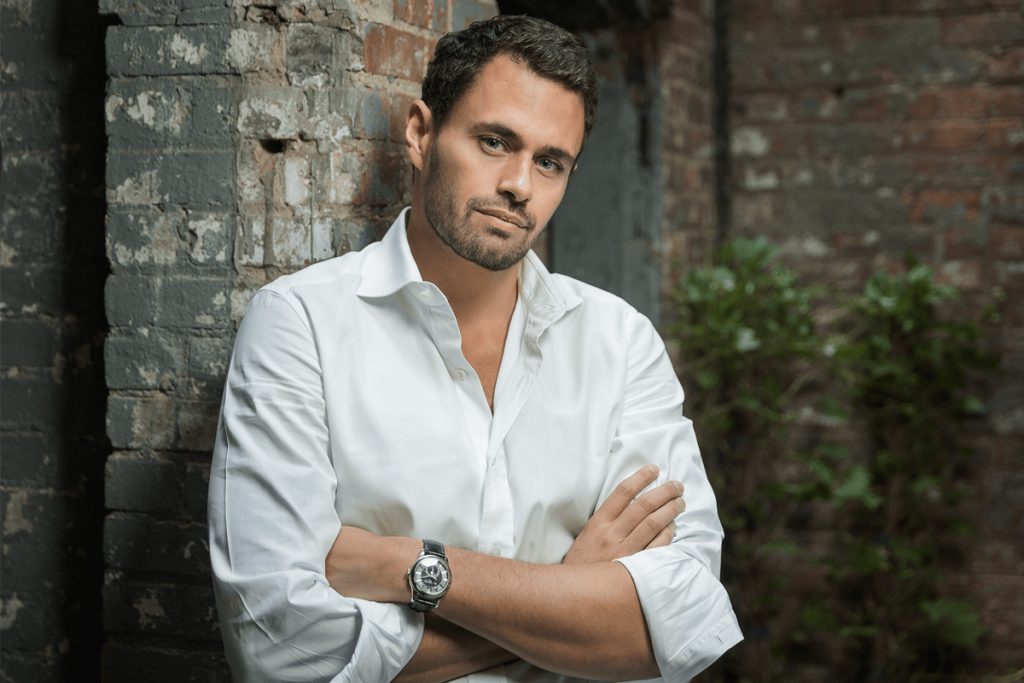
Does Habitas have any expansion plans, or what’s next for Habitas?
We have six homes set to open this year, including Habitas Santa Teresa and Todos Santos.Habitas is pioneering modular build, through its own factory that is designed and built; meaning our rooms are designed, constructed, flat-packed and delivered to new locations worldwide. Through extensive research and site visits, we ensure the design of each project harmonises with the location’s natural surroundings.
How can technology help increase sustainability? Are there aspects of technology that threaten the move towards sustainability, e.g. greater e-waste?
As technology evolves to seamlessly link functionality within a hotel with guests’ mobile devices, the synergistic forces of guest satisfaction, cost reduction and environmental sustainability will result in a greener future. This level of personalisation has never been possible before and will transform both the guest experience and optimise energy consumption.
We are a hospitality company, therefore new technology allows us to reduce our footprint and achieve our goals by selecting systems that are lowering our energy and water consumption and many other aspects as mentioned previously, but let’s not forget that we are also a construction company.

Construction waste is a critical world issue which includes e-waste, because of our unique construction methodology we are also able to control and manage more than 50 percent of our waste by leveraging manufacturing capacity and increasing our level of material recycling.
All of our hotels have maintenance teams that are ensuring that all of our systems are being monitored regularly to extend the longevity of all and favouring repairs rather than replacement which not only save resources, reduce e-waste but also provide local labour forces additional work and income, again people and planet.
You offset carbon. What percent of your carbon output do you offset? And looking inward, what are ways that you can refine your operations to internally reduce carbon?
We offset our carbon footprint through our partnership with Cooperativa Ambio and Scolel’te (The Tree That Grows), a reforestation project that protects indigenous communities in ecological zones in the state of Chiapas, Mexico. All of the proceeds from our musical concerts and film screenings at Habitas Tulum support this project, which has offset over 25 tonnes of CO2 until now.
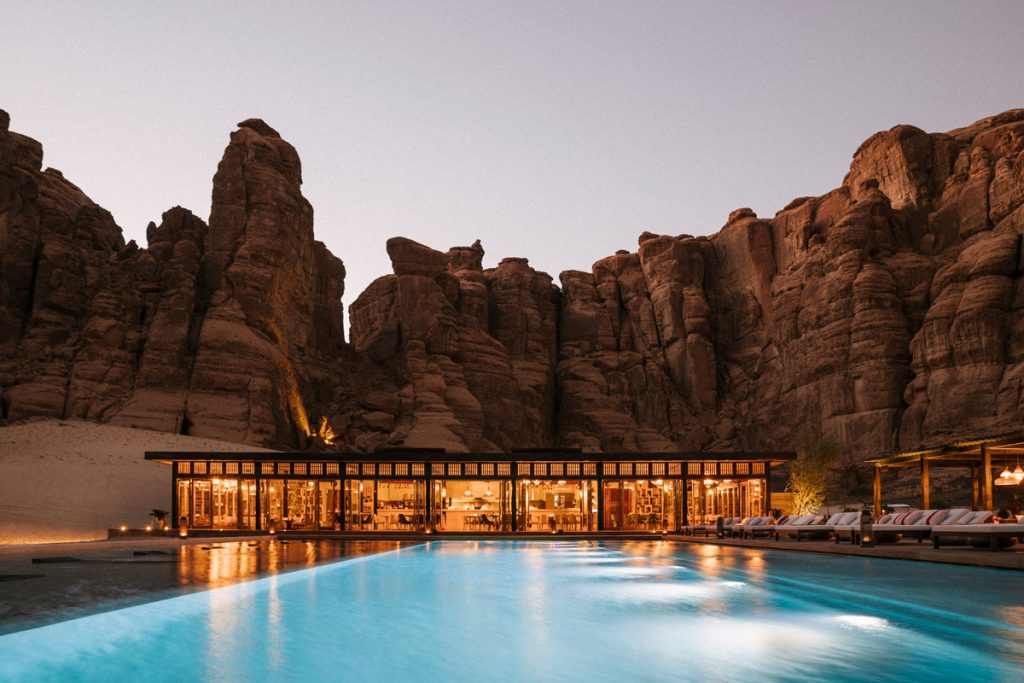
Do you have any goals to be net-zero by a certain year and if so, how will you achieve that?
We have multiple sustainable goals that we are pursuing, from operational to construction which will bring us closer to an overall net-zero carbon footprint, but our ethos goes beyond that, we don’t want to be only looking at data and choose one specific goals, we are aiming to make a real difference for the people and the planet.
We have been conducting internal sustainability analysis and defined overall goals for the operations and the construction and we are currently putting together a specific team to reach these goals. All new rooms being built this year will be fully powered by solar so basically net-zero for our rooms.

